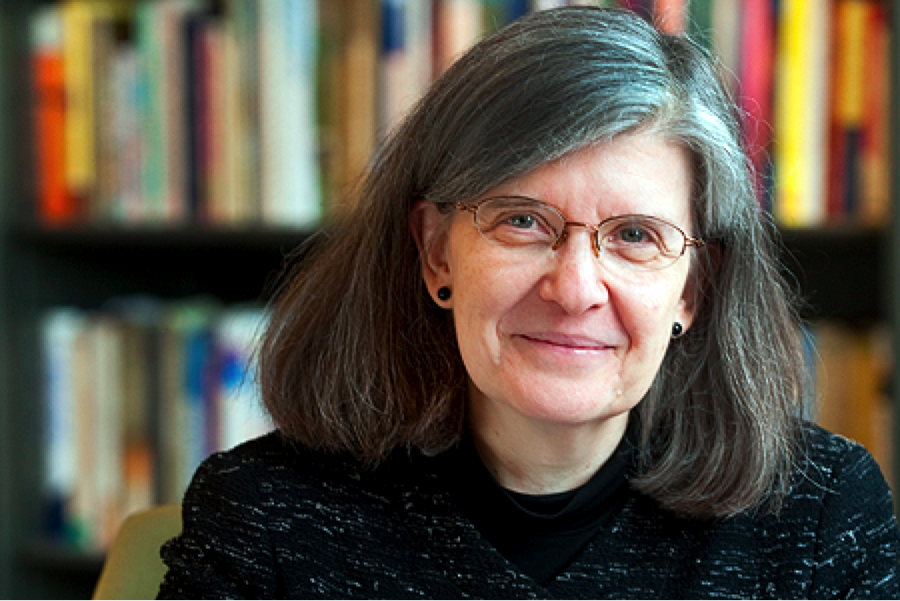An Interview with a scholar of Cascadian spirituality and religion (Part Two)
Patricia O’Connell Killen is the primary editor of the book Religion and Public Life in the Pacific Northwest. Professor Killen has worked regularly with Northwest pastors, congregations, and community organizations on understanding the religious ecology of the region and how it shapes both individual and institutional religious sensibilities and possibilities. She is a nationally recognized scholar in American religious history and is currently serving Gonzaga University as its Academic Vice President. She was kind enough to sit down with Christ and Cascadia’s editor Matthew Kaemingk for an interview about her findings. Thank you for joining us for the second part of her interview.
Kaemingk: How have Northwest churches responded to this deep individualism?
Killen: Northwest churches have responded to the deep individualism in a variety of ways. Some have emphasized doctrine and obligation to participate in religious life. The two largest religious bodies—Roman Catholics and Latter Day Saints—are communities that historically have emphasized the church as a medium for receiving grace and supernatural life. Some churches frame their identity as a “gathered community of saints.” They may draw strict boundaries, defining identity for the group over and against a “godless” or “wayward” culture.
Others focus on creating worship that is beautiful, satisfying, and sustaining—gathering communities that organize themselves in quite familiar ways. Most churches offer programs of spiritual development for individuals or affinity groups, be it young mothers, men, or “twenty somethings” in their odyssey decade. Churches organize worship in unconventional places, for example, the theaters at the Renton Supermall. Either individually or through ecumenical coalition, churches respond to the individualism of the region by offering projects in the church or for the community that attract individuals and offer them a sense of purpose beyond themselves. Building a new congregation or ministry is exciting; it is new; it can lead to the forging of durable relationships of trust.
Kaemingk: You seem to argue that Northwesterners develop and maintain their spiritual identities in a way that is somewhat unique. Can you describe this?
Killen: The word “unique” always makes me nervous, because it is a single counter example that undercuts the claim. What I prefer to say is that Northwesterners have a distinctive way of developing and maintaining their spiritual identities. Those identities are “self-made.”
That is one of the consequences of life in an “open” religious environment. Some elements of that are noted in my response to the previous question—support for one’s spiritual quest; wisdom resources for orienting one’s personal behavior, often when separated from family; or communal reflection among an in-migrant community about how to maintain and pass on a religious identity and way of life from elsewhere in the U.S. or another country. Dominant religious reference groups are absent, the boundary markers for composing religious identity are far less visible. That renders religious identity an on-going project, not something that can be taken for granted.
Kaemingk: You have argued that the Pacific Northwest has cultivated some very creative ecclesial expressions. Why do you think that is?
Killen: For the same reason that spiritual identities are self-made—we exist in an “open” religious environment that lacks a dominant institutional religious reference group. Hence there is space to imagine; the opportunity to go back to the originating stories and practices of a religious community and imagine their meaning in this context at this time.
Goodwill Industries was a presence in this region earlier than in most other parts of the country. The North American Forum for the Catechumenate, one of the most influential organizations for welcoming adults into the Roman Catholic Church using the retrieved historic rites of the early Church received major leadership from the region, as did National Association of Black Catholics. Oregon was one of the first states to establish a minimum wage law, a social movement led by those influenced by the social teaching of their denominations. Some of the earliest efforts at denominational collaboration between Presbyterians and Congregationalists, and even those denominations and Methodists through community churches occurred in the Pacific Northwest.
Religious communities established the first social service organizations in the region and continue to maintain them in disproportion to the size of adherents in the population. The region’s religious leaders were active in the anti-nuclear war and weapons movements from early after World War II on. The earliest statements on care for the environment in light of the gospel originated in the Presbytery of Portland, and among the Roman Catholic bishops. There are many other examples from across denominational histories.
Another way to put it is that the region does not allow Christians to take their faith or its expression for granted. To maintain a healthy faith and faith community in this region requires commitment and reflection that contribute to maturation in the spiritual life.


